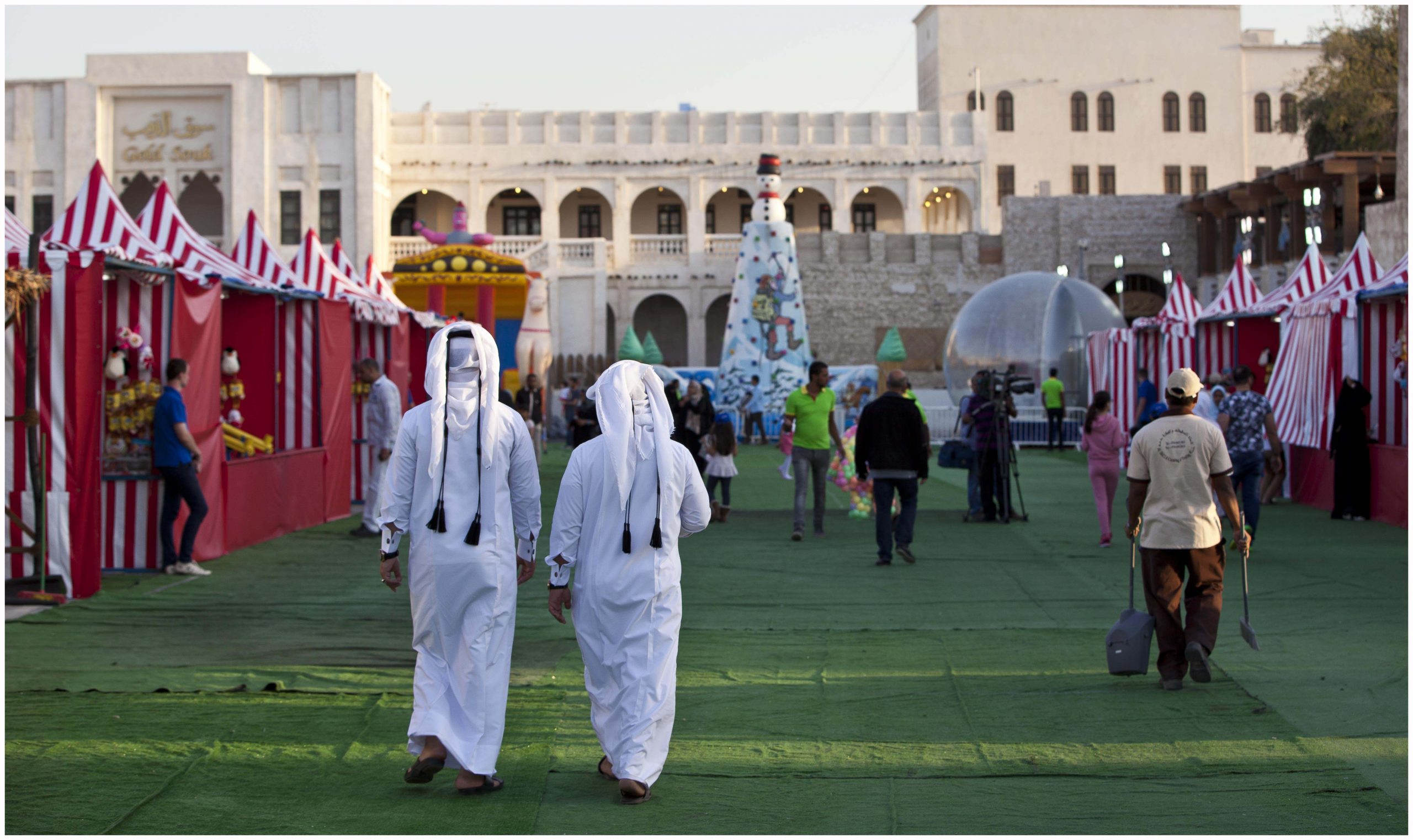
Qatar residents spent more on going out and getting around town last month, according to new government figures.
The average cost of living in July rose slightly (0.8 percent) compared to the month before, the latest official consumer price index (CPI) said.
This was thanks largely to hikes in the cost of transport, which increased by 2.8 percent, and recreation and culture (up 2.4 percent).

Meanwhile, year-on-year comparisons showed inflation rose from 2.5 percent in June to 2.8 percent last month.
The increase was driven by rising education costs, which were up 7.1 percent from July 2015.
The index is published monthly by the Ministry of Development, Planning and Statistics (MDPS) and is used to take the temperature of the nation’s economy, particularly household spending.
It examines the costs of an average basket of goods and services and charts spending trends.
Stable rent
While the month-to-month figures for June to July this year show a slight rise in spending in some areas, key sectors remained flat.
This included health, education and tobacco. And, for the fourth month in a row, the cost of rent and amenities remained stable, recording a negligible 0.1 percent increase.
The news will likely come as a relief to residents after nearly two years of monthly increases in the cost of domestic rents.

The leveling off of home rental costs follows rounds of job cuts across multiple employment sectors earlier this year.
That was fueled by the global collapse of the oil price.
In a report issued last week, real estate experts DTZ said the cost of renting a luxury apartment or villa in Qatar dropped by up to QR3,000 a month.
It forecast that the market will remain soft in the coming months as more high-end properties continue to become available.
Rising utility bills
However, residents should still brace themselves for increases in their household bills, as electricity and water charges are set to rise in the coming months.
In its semi-annual update issued in June, the MDPS warned households that the cost of currently subsidized domestic amenities is set to rise to “closer to fair market value.”

This comes amid ongoing measures to reduce government spending as Qatar grapples with a budget deficit.
This, plus a “sin tax” on tobacco, fast food and soda is expected to push up the nation’s inflation from 3.4 percent anticipated for this year to 3.8 percent by 2018, the official report said.
Annual increases
According to the latest MDPS report, inflation in July stood at 2.8 percent.
As was the case last month, education costs were the main driver, with tuition fees and other education expenses significantly exceeding inflation.
School officials said the increases were needed to boost teachers’ salaries and pay for higher rent on land, buildings and staff accommodation.

Overall, year-on-year prices rose across eight separate sectors, and five of them were above the latest inflation rate:
- Education: Up 7.1 percent;
- Recreation and culture: Up 6.1 percent;
- Miscellaneous goods and services: Up 4.8 percent;
- Housing, water, electricity and fuel: Up 4.1 percent;
- Transport: Up 3.3 percent;
- Furnishings and household equipment: Up 1.5 percent;
- Clothing and footwear: Up 0.7 percent; and
- Communication: Up 0.1 percent.
The cost of spending on restaurants & hotels and health both fell, by 3 percent and 1 percent respectively, while food and beverage costs dropped 0.3 percent year-on-year.
While the latest inflation rate shows a slight increase compared to that for June (2.5 percent), it’s still lower than it was in March (3.3 percent) and April (3.4 percent) this year.
However, July and August are often quiet months in Qatar as many residents travel abroad. Most are expected to return for the start of the new school year in September.
How have your expenses changed this month? Thoughts?







